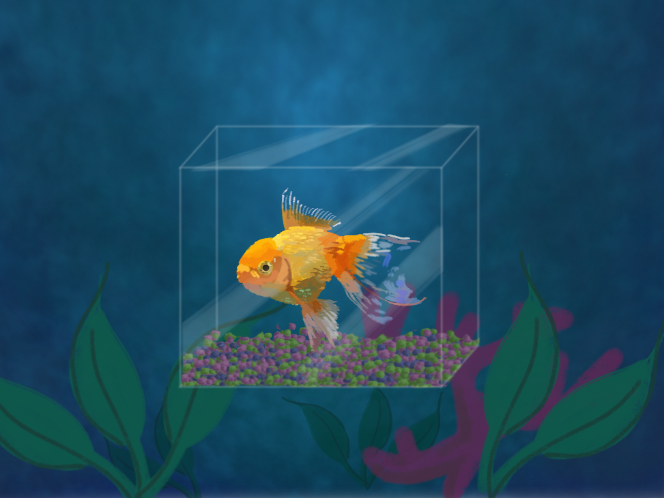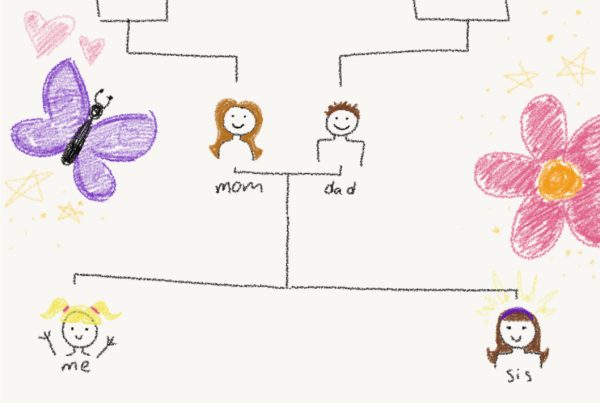Aquariums limit sea animals’ habitats (Opinion)
Aquariums prevent animals from obtaining their true wildlife traits
Sea animals should not be in small tanks for the entertainment of humans.
Picture the ocean and its depth. The beautiful blue waters that surround the earth, thousands of kilometers and depths that not even mankind has been able to research nor discover.
This area where hundreds of fish live is crucial to the way these animals live, their habitats, their nature, and for sea animals to live comfortably.
Sea animals and fish have feelings too. They have their own habits they go about to survive. All of these sea animals naturally act or live a certain way because that’s what their natural instinct knows to do.
Having sea creatures captured in big water tanks is wrong. Yes, these animals aren’t saved or anything like that, they are captured. This only benefits mankind. When these animals are placed in big tanks, it doesn’t allow them to live freely. When these animals are placed in the sea, they have thousands of kilometers they can swim around, move, or explore; but in tanks they can’t do that. Poor fish live bored swimming from the same side to side just to cause of entertainment for humans.
This is wrong. If it were humans captured in a small habitat, they would go insane of always living in the same thing, the same goes for fish. A dolphin in the wild moves 40 miles each day, according to the World Society for the Protection of Animals. US rules restrict dolphin prisons to be just 30 feet long. To imitate his normal range, a dolphin would have to circle his tank more than 3,500 times every day.
Even though most aquariums promise they house their animals in the best tanks, it still doesn’t defeat the fact that these animals are still not in their natural habitat. Humans can try to imitate the sea with different fake decorations for fishes, but this isn’t the same for them. They still live for the purpose of benefiting man-kind. This is because the fish don’t achieve anything from being in the tanks, rather they are just there because of humans. When they are there, humans benefit from them by obtaining hundreds of dollars from ignorant consumers to make themselves benefit—not thinking about how they may be affecting nature.
Your donation will support the student journalists of Mead High School. Your contribution will allow us to purchase equipment and cover our annual website hosting costs.

Ana Carrillo is a Senior. She enjoys hanging out with friends, outdoor activities and random adventures. She is on the tennis team this year. She is looking forward to communicating current events occurring in and outside of school.

Sarah Post is a Senior who enjoys art and music. She’s involved with golf and guitar, and is looking forward to finding her journalistic voice this year.











